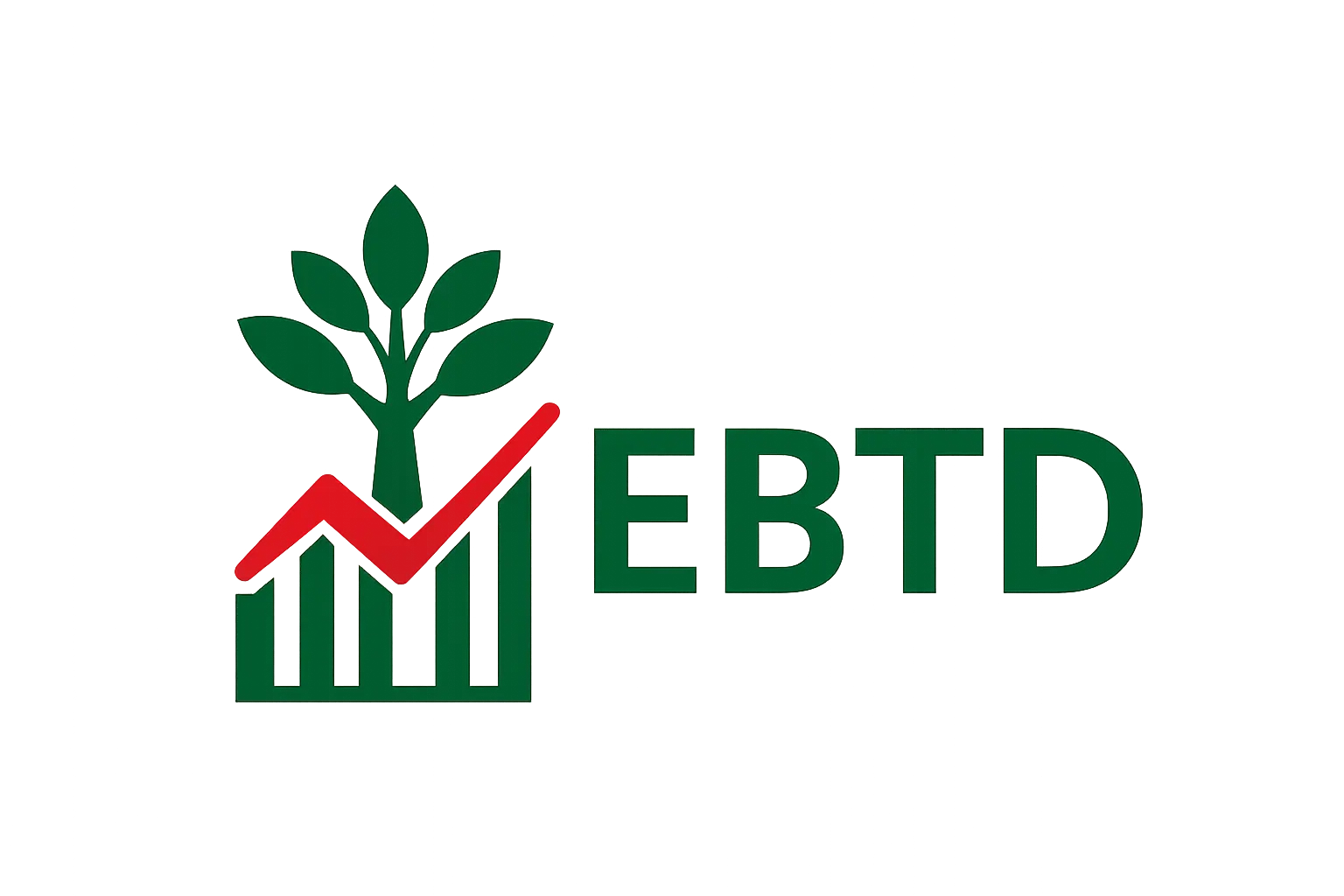Evidence & Toolkit
Education Endowment Foundation (EEF)
Website: Education Endowment Foundation | Our blog on this resource
What it offers: The UK’s leading independent organisation for evidence-informed education. Provides the Teaching & Learning Toolkit, guidance reports, Early Years Evidence Store, and evaluations of interventions — all free to use.
Useful for Bangladesh:
- Clear cost/impact/evidence ratings help schools prioritise in low-resource settings.
- Large repository of strategies focused on equity and supporting disadvantaged learners.
- Guidance reports and toolkits are practitioner-friendly and easy to navigate.
Cautions:
- Research is UK-based; adaptation needed for Bangladeshi curricula, class sizes, and culture.
- Assumes smaller class ratios and more resources.
- Materials are in English — translation or contextualisation is essential.
Curriculum Design
Curriculum Research Reviews (Ofsted, UK)
Website: Curriculum Research Reviews
What it offers: Subject-specific reviews (English, maths, science, history, geography, music, PE, languages, RE, and more) summarising research on curriculum sequencing, pedagogy, and assessment. Defines what high-quality teaching and progression look like in each subject.
Useful for Bangladesh:
- Evidence-based principles for curriculum sequencing and progression.
- Subject-level insights for teacher trainers, school leaders, and policymakers.
- Combines multiple studies for stronger, broader conclusions.
Cautions:
- UK curriculum differs from Bangladesh’s — adaptation required.
- Assumes strong subject-specialist systems and smaller classes.
- Reports are in English — translation or simplification may be needed.
Teacher Development
Initial Teacher Training & Early Career Framework (ITTECF, UK)
Website: Initial Teacher Training and Early Career Framework | Our blog on this resource
What it offers: Merges the UK’s Initial Teacher Training Core Content Framework and Early Career Framework. Defines the knowledge, skills, and behaviours new teachers develop from training through their first teaching years.
Useful for Bangladesh:
- Clear structure for early career teacher development.
- Can guide induction, mentoring, and training programmes.
- Evidence-based and outcome-focused framework.
Cautions:
- Written for UK context — adaptation needed for local curricula and languages.
- Assumes strong mentoring systems and smaller class sizes.
- Requires localisation and simplification for limited-resource settings.
Research & Practice
Impact Journal (Chartered College of Teaching)
Website: Impact Journal | Chartered College of Teaching
What it offers: Termly, peer-reviewed publication linking educational research to classroom practice. Each issue has a theme (pedagogy, classroom culture, learning design), and features original research, expert commentary, and teacher perspectives.
Useful for Bangladesh:
- Strong practitioner voice connects research to daily classroom reality.
- Themed issues (pedagogy, assessment, inclusion) support targeted CPD.
- Encourages reflection and evidence-led professional dialogue.
- Readable, accessible bridge between academia and classroom practice.
Cautions:
- Some UK-specific assumptions (resources, class size, specialisms).
- Partial access may be paywalled; requires stable internet connection.
- Academic tone or terminology may need simplification for translation.
- Themes vary; contextual fit must be assessed by schools in Bangladesh.
